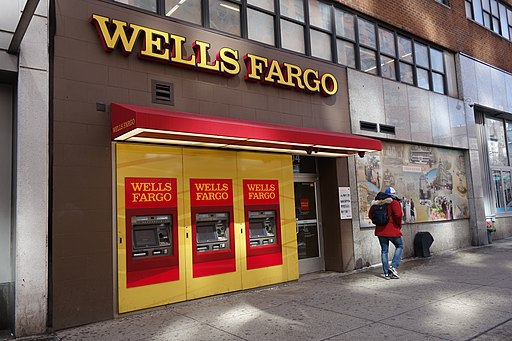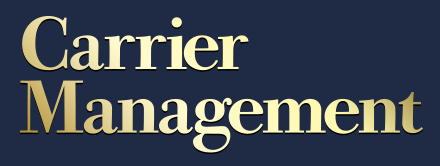In some of my prior articles on reputation and positive risk culture, I’ve sometimes referred to the ongoing Wells Fargo saga.
From 2002 until coming to light in 2016, the company engaged in a variety of fraudulent activities. Unrealistic sales targets aggressively pushed by leadership led many employees to create thousands of bogus accounts. The fraud generated millions in fees for the bank, but also damaged customer credit ratings in some instances.
Insiders referred to these abusive practices as “gaming.”
There were no boundaries or oversight of employee behavior. Management essentially condoned the behavior with the expectation that employees will do what they have to do to meet the targets. Little consideration was given to how the fraud would impact customers and the company’s reputation.
Last week, it was announced that Wells Fargo and the U.S. Department of Justice reached an agreement where the bank will pay a $3 billion fine but also avoid criminal charges provided the bank continues to cooperate with other probes and investigations.
In a statement announcing the settlement, U.S. Attorney Andrew Murray explains:
Our settlement with Wells Fargo, and the $3 billion criminal monetary penalty imposed on the bank, go[es] far beyond ‘the cost of doing business. They are appropriate given the staggering size, scope and duration of Wells Fargo’s illicit conduct.
The settlement is not the end of Wells Fargo’s legal troubles – other civil charges are pending against eight former senior executives and the bank is still under a growth cap imposed by the U.S. Federal Reserve.
Will this settlement actually lead to change at the company?
While the U.S. Attorney and the general public consider $3 billion to be a huge amount of money, in the context of such a large company, it really isn’t all that much. Wells Fargo was already taking steps late last year when it set aside just over $3 billion in anticipation of a settlement.
From a risk perspective, will this fine have a big enough impact to change the company’s behavior?
It’s hard to say, but one thing is for sure, nothing will change unless the tone at the top changes.
If management doesn’t starting working to change company culture and set clear expectations on employees, the fraudulent activities that led to this will come back.
It’s too early to tell if Wells Fargo will follow through, but steps have been taken since news of the fraud broke nearly four years ago. In discussing the settlement, Wells Fargo’s new CEO, Steve Scharf, states:
The conduct at the core of today’s settlements – and the past culture that gave rise to it – are reprehensible and wholly inconsistent with the values on which Wells Fargo was built.
This statement from the CEO is a positive sign, but it’s still too early to tell if the company has truly taken this lesson to heart.
While the settlement amount may seem like it’s enough, cultivating a positive risk culture over the long-term will do far more to ensure Wells Fargo can put this behind them. As I explain here, not being proactive with risk management can lead to consequences far more disastrous than a fine.
Has your organization suffered reputation damage or intense scrutiny from regulators due to a lax risk culture?
As always, I’m interested in hearing your thoughts. Please don’t hesitate to join the conversation on LinkedIn.
And if your organization is struggling to develop a positive risk culture or otherwise feeling the impacts of not being proactive in risk management, contact me to discuss your specific situation today.







